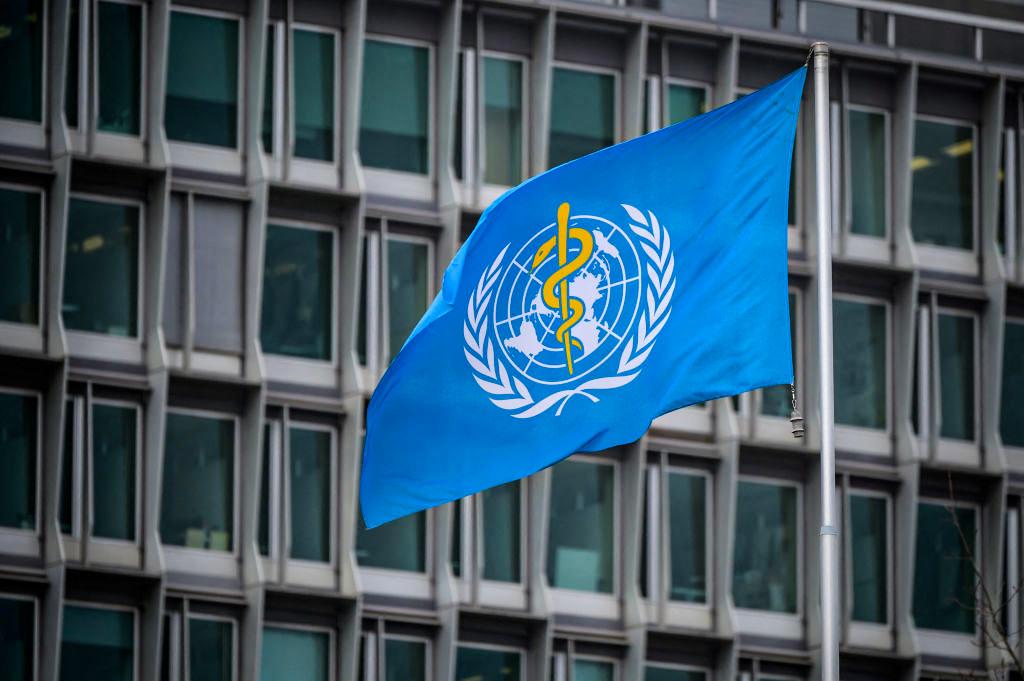Montana Republican Attorney General Austin Knudsen has spearheaded a coalition of state prosecutors declaring opposition to U.S. compliance with the United Nation’s WHO pandemic treaty accords.
In a letter to the Biden administration, Mr. Knudsen said the accords “could radically transform the WHO’s existing International Health Regulations (IHRs) and institute a new ‘Pandemic Agreement’ (Treaty).”





